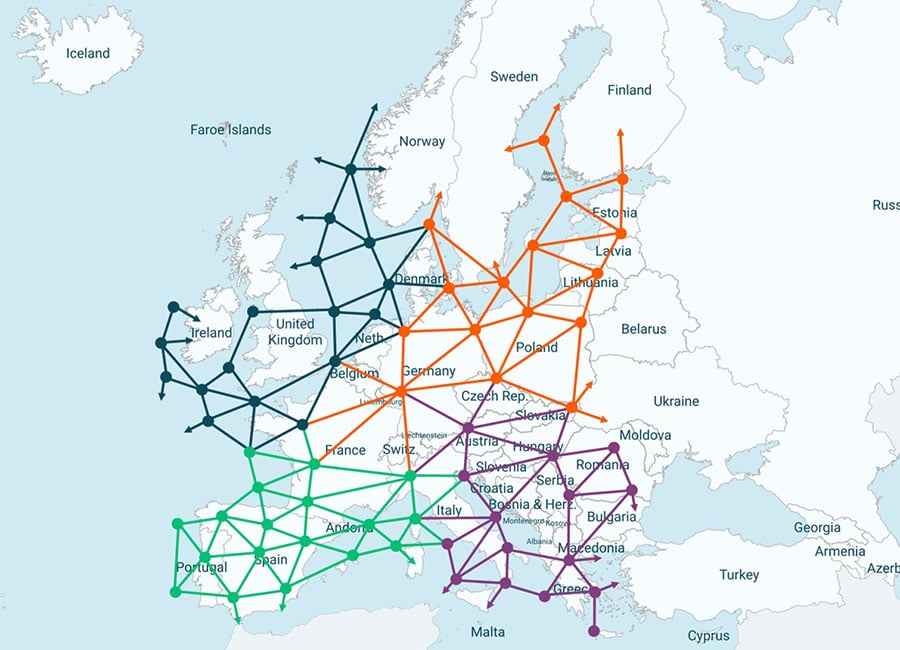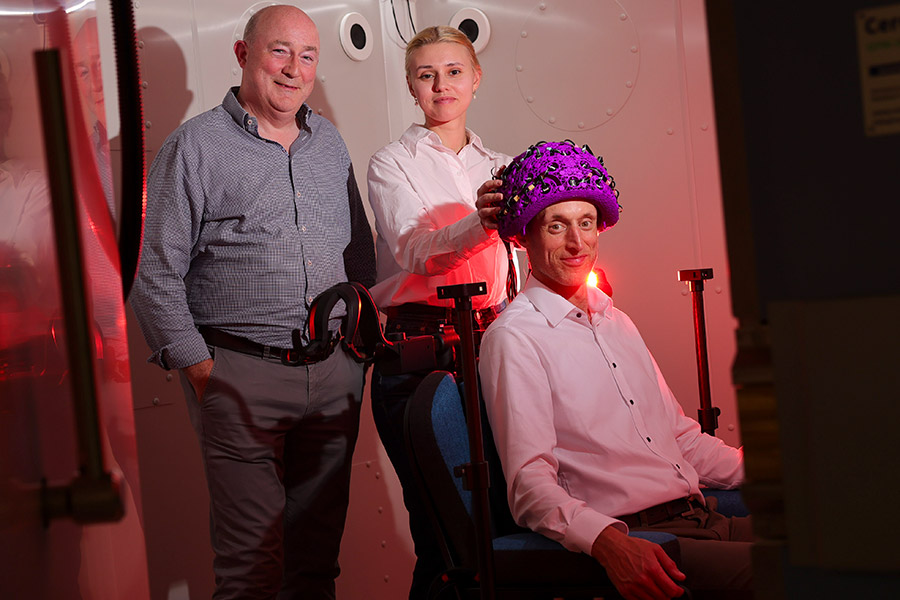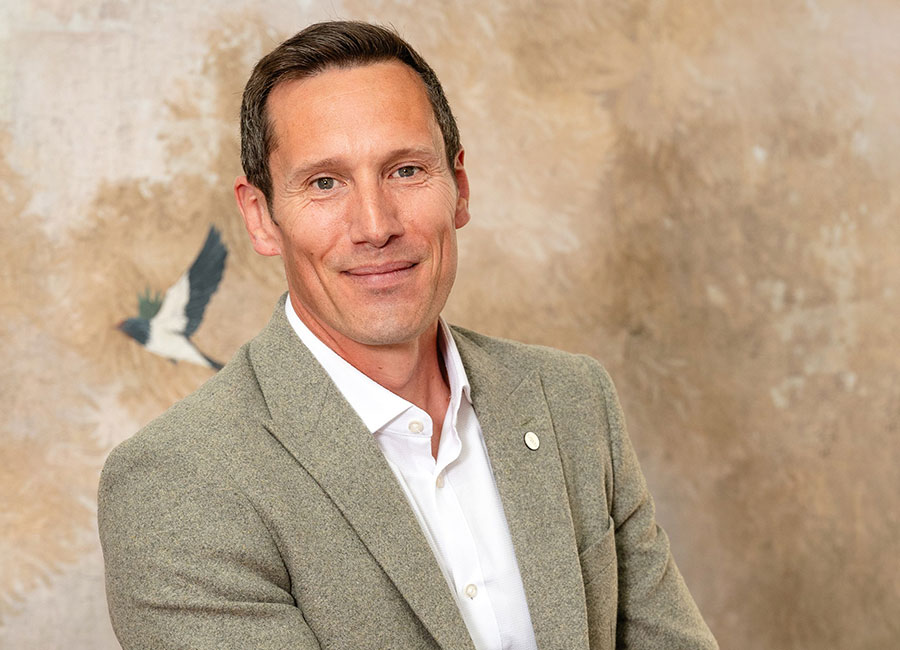A team at University College Dublin's (UCD) Energy Institute has found that a pan-EU energy system would reduce costs by almost a third (32%) compared to a "business as usual" approach in a two-part study.
The savings identified in the study, commissioned by SuperNode through ConsultUCD, were borne primarily from an expansion in European power flow, which would allow the location of renewable energy generation to be optimised and significantly decreasing the total installed capacity.
In this scenario, which is based on the SuperNode Energy Scenario for Europe 2050, energy transmission capacity would be increased, the costs of which would be insignificant compared to savings in generation investment over the same period.
The study also warned of challenges to Europe such as load shedding, generation curtailment and excessively high emissions without accelerated investment in infrastructure and that failure to achieve decarbonisation targets would undermine international climate efforts and adversely impact Europe's economies.
"The existing transmission system is not fit for purpose for Europe’s energy future," Prof Andrew Keane, of UCD's School of Electrical and Electronic Engineering and director of the UCD Energy Institute, said.

"The shortcomings of the current transmission system have been known for years but were tolerated. The imperative to keep the lights on and the requirements of the energy transition make it clear that a more advanced approach to transmission is required."
Mark Byrne, market and policy analyst at NovaUCD-based SuperNode, added: "The work done by the UCD team reconfirms the Irish and European grid reliability challenges. This will only worsen as more renewables are integrated, unless a new mindset in grid development is adopted.
"The study shows a 32% energy cost reduction can be achieved by a pan-EU transmission system when compared to a ‘Business as Usual’ approach, highlighting that scenarios facilitating larger power flows result in lower system cost, to the benefit of energy consumers.
"This reinforces SuperNode’s belief in the need for new transmission technologies to reduce energy costs and we are confident that the superconductive transmission systems SuperNode is developing will be a key enabler of Europe’s energy transition."
(Pic: Getty Images)











